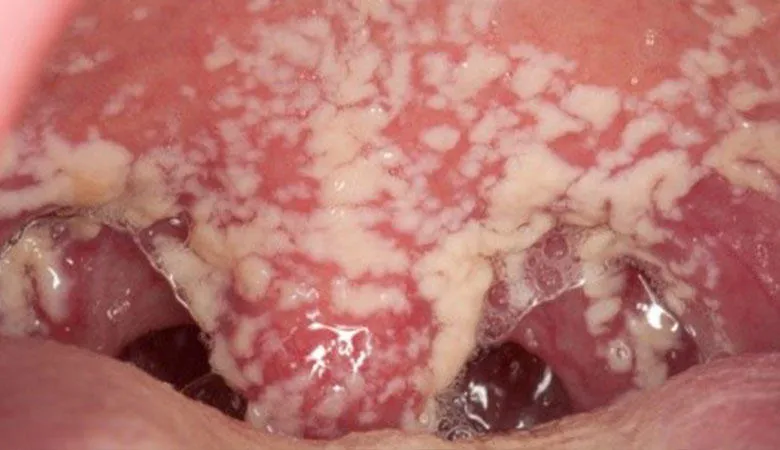The Naglik Lab employs molecular, cellular, immunological, biophysical and structural biology to investigate host-fungal interactions. The mission is to identify fungal and host factors associated with the disease process and protective immune responses.

Group lead
Contact us
Professor Julian Naglik
Centre for Host Micriobiome Interactions
Hodgkin Building
Guy's Campus

